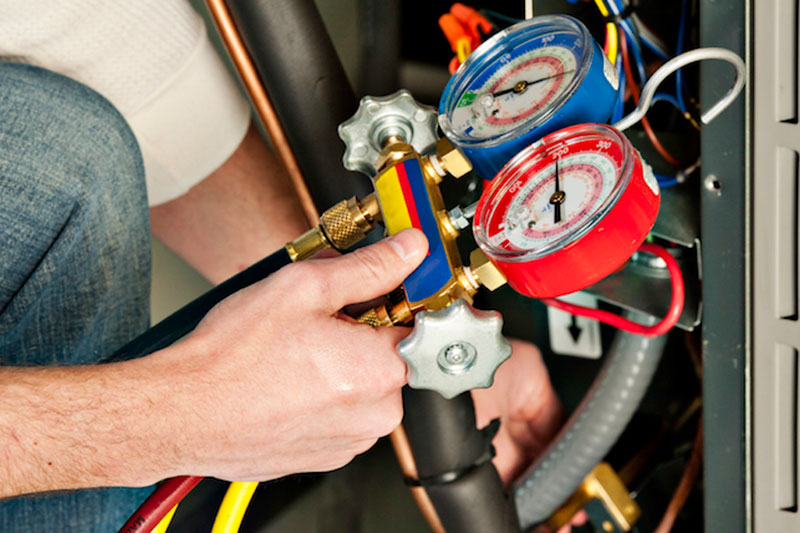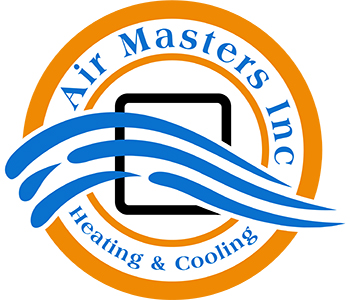
You might not think often about how your air conditioner functions, but it needs refrigerant to keep your house fresh. This refrigerant is bound by environmental regulation, as it contains chemicals.
Depending on when your air conditioner was put in, it may use R-22, R-410A or R-32 refrigerant. We’ll discuss the differences and which air conditioner refrigerants are being phased out in Port Orchard, plus how these phaseouts impact you.
What’s R-22 and Why Is It Phased Out?
If your air conditioner was added before 2010, it likely has Freon®. You can discover if your air conditioner contains it by reaching us at 360-233-2573. You can also look at the name plate on your air conditioner condenser, which is found outside your house. This sticker will include information on what kind of refrigerant your AC uses.
Freon, which is also known as R-22, contains chlorine. Scientists consider this chemical to be damaging to the earth’s ozone layer and one that contributes to global warming. The Environmental Protection Agency, which manages refrigerants in the United States, banned its production and import in January 2020.
I Have a R-22 Air Conditioner. Should I Replace It?
It varies. If your air conditioning is cooling correctly, you can continue to run it. With regular air conditioner maintenance, you can expect your system to work around 15–20 years. However, the Department of Energy says that substituting a 10-year-old air conditioner could save you 20–40% on summertime cooling expenses!
If you don’t install a new air conditioner, it might cause difficulties if you require air conditioning repair down the road, specifically for refrigerant. Repairs could be more expensive, as only limited levels of recycled and reclaimed R-22 is on hand.
With the end of R-22, most new air conditioners now use Puron®. Also called R-410A, this refrigerant was developed to keep the ozone layer in good shape. Because it calls for an incompatible pressure level, it doesn’t work with air conditioners that use R-22 for cooling.
However, Puron still has the likelihood to lead to global warming. As a result, it could also sometime be ended. Although it hasn’t been communicated yet for residential air conditioners, it’s likely sometime this decade.
What Refrigerant Will Take Over R-410A?
In preparation of the end, some brands have initiated using R-32 in new air conditioners. This refrigerant ranks low for global warming potential—around one-third less than R-410A. And it also reduces energy use by approximately 10%, according to the Intergovernmental Panel on Climate Change’s Fourth Assessment Report. That’s savings that might be passed on to you through your utility costs.
Air Masters Heating & Cooling Can Assist with All Your Air Conditioning Needs
In brief, the changes to air conditioner refrigerant probably won’t concern you very much until you have to have repairs. But as we talked about earlier, refrigerant repairs may be more costly because of the restricted levels on hand.
Not to mention, your air conditioner frequently stops working at the worst time, typically on the warmest day when we’re getting a lot of other appointments for AC repair.
If your air conditioner requires a phased out refrigerant or is more than 15 years old, we advise getting a modern, energy-efficient air conditioner. This delivers a stress-free summer and might even reduce your electrical bills, especially if you choose an ENERGY STAR®-rated air conditioner. Plus, Air Masters Heating & Cooling has many financing programs to make your new air conditioner even more affordable. Contact us at 360-233-2573 to begin now with a free estimate.

